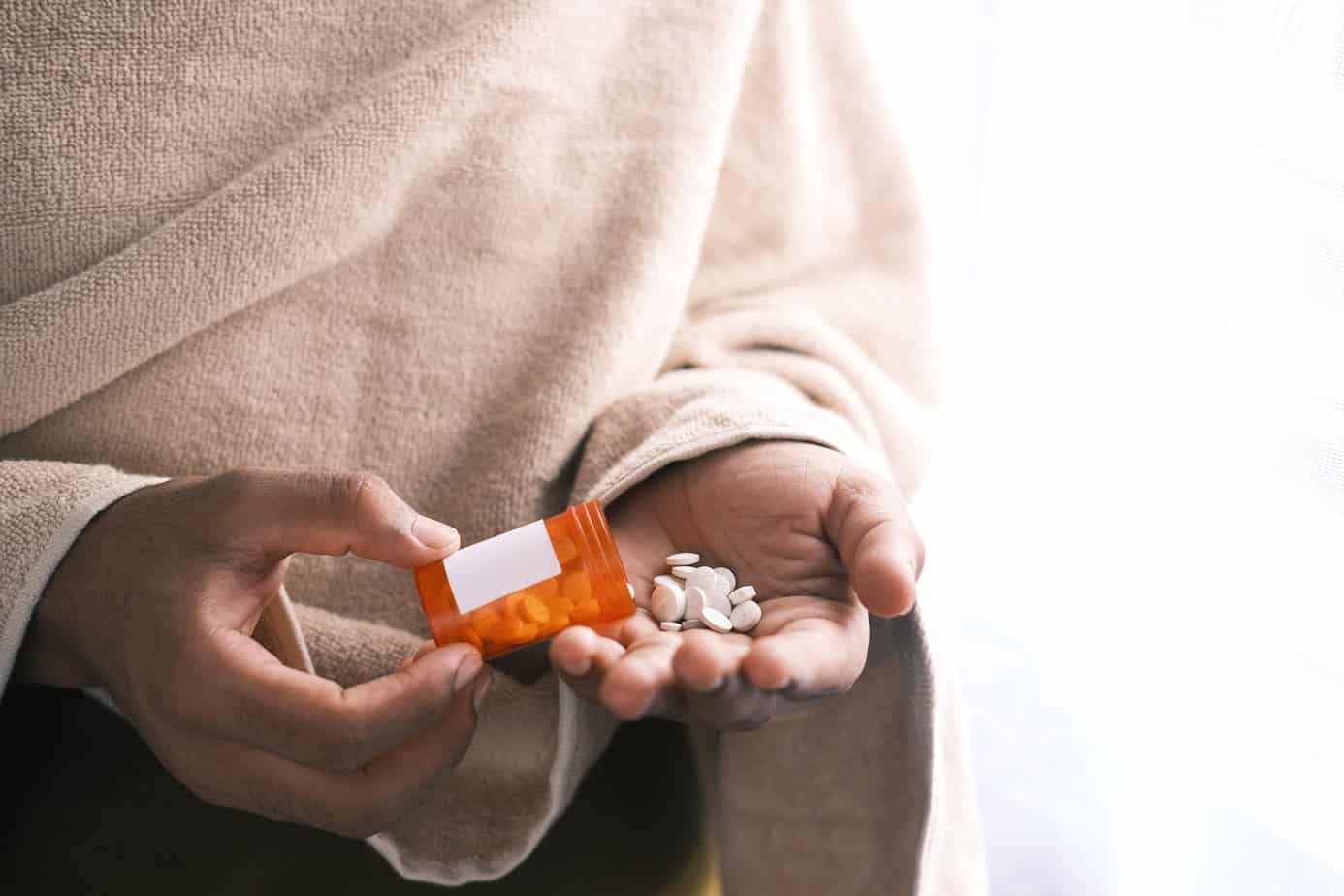This article discusses the benefits of inpatient rehabilitation for addiction. It highlights how rehab provides a safe and structured environment for healing, offers tools to understand and address the root causes of addiction, fosters connection with others, and helps individuals build a fulfilling life in recovery. The article encourages those struggling with addiction to consider rehab as a courageous step towards a healthier future.
Are you caught in a cycle of addiction, constantly battling cravings and feeling like you’re losing control? You might be lying awake at night, wondering, “Is rehab right for me?” or even more urgently, “Should I go to rehab?” These are tough questions, and finding the answers can feel overwhelming. But know this: you’re not alone. Many people grapple with these same thoughts, and for countless individuals, the benefits of going to rehab, whether it’s drug rehab or alcohol rehab, have been nothing short of life-transforming.
Below are five solid, convincing reasons to consider inpatient rehab, drawing from real-life stories, expert perspectives, and the most effective strategies in addiction treatment.
1. A Sanctuary for Healing: The Safe, Structured Environment
Addiction thrives in chaos. Your home environment, even with the best intentions, can be riddled with triggers, such as old routines, familiar faces, and readily available substances. It’s like trying to recover from a broken leg while still running a marathon. Inpatient rehab provides a safe, structured environment that acts as a sanctuary. It’s a place where you can focus entirely on healing, shielded from the people, places, and habits that fuel your substance abuse. This structure is one of the key 5 benefits of inpatient rehab. It removes distractions and creates a space where recovery becomes the sole and unwavering priority. Imagine a garden where weeds are constantly being pulled, allowing the flowers to finally bloom – that’s the power of a structured rehab environment.
2. Demystifying Recovery: Understanding What Happens in Rehab
The unknown can be scary. Many people hesitate, wondering, “What happens in rehab?” The answer is both simple and profoundly impactful: you learn how to live a fulfilling life without relying on drugs or alcohol. Rehab for drug addiction or alcohol rehab isn’t just about enduring detox; it’s about rebuilding your life from the ground up. You’ll engage with experienced counselors, participate in group therapy sessions, and develop coping skills that will serve you for a lifetime.
Rehab gives you the tools to understand the underlying causes of your addiction, the triggers that set you off, and healthy strategies for managing cravings and emotions. Think of it as attending a masterclass in self-discovery and resilience.
3. Finding Your Tribe: Connecting With Others Who Understand
Substance abuse is often an isolating experience. You might feel like no one truly understands what you’re going through, the constant battle within your own mind. But in rehab, you’ll find yourself surrounded by others who are walking a similar path. Sharing your story, listening to theirs, and offering support creates a powerful sense of belonging and reduces the loneliness that can fuel relapse. This connection is a powerful reason to go to drug rehab. You realize you’re not alone, and together, you can navigate the challenging moments and celebrate the victories, big and small.
4. Digging Deeper: Addressing the Root Causes of Your Addiction
Addiction is rarely a standalone problem. It’s often a symptom of deeper, underlying pain, like unresolved trauma, chronic stress, or mental health challenges like anxiety or depression. Rehab isn’t just about stopping the substance use; it’s about healing the wounds that led you there in the first place. If you’re asking, “Why is rehab important?” this is a crucial part of the answer. Therapists and counselors in rehab are trained to help you explore these underlying issues, develop healthy coping mechanisms, and begin the journey of emotional healing. It helps you face what’s really going on, not just the surface symptoms.
5. Building a New Foundation: Creating a Life Worth Living
Recovery isn’t a one-time event; it’s the beginning of a new way of living, a journey of continuous growth and self-improvement. The benefits of going to rehab extend far beyond simply achieving sobriety. You’ll learn how to set meaningful goals, rebuild damaged relationships, and discover a sense of purpose that transcends your addiction. If you’re wondering, “Why should I consider rehab?” remember: it’s not just about getting sober; it’s about building a life that is so rich and fulfilling that you’ll want to stay sober for it.
Navigating the Challenges of Addiction Treatment: Addressing Common Concerns
The decision to go to rehab isn’t always easy. Shame, fear of judgment from family and friends, and worries about missing work or neglecting family responsibilities can hold people back. The solution? Reach out. Talk to someone you trust – a family member, a close friend, a therapist, or a member of the clergy. Contact a treatment center directly. They can answer your questions, address your concerns, and help you navigate the practical aspects of entering rehab. Help is out there, and you don’t have to do this alone.
Taking the First Step: Recognizing the Signs
Are you seeing signs that you need to go to rehab? These might include
- Losing control over your substance use – using more than you intended or for longer periods
- Experiencing withdrawal symptoms when you try to stop
- Neglecting your responsibilities at work, school, or home
- Experiencing health problems related to your substance use
- Strained relationships with family and friends
If you recognize any of these signs, don’t wait. Reach out to local treatment centers, hotlines, or online resources. Many people find hope and support in 12-step programs, SMART Recovery, or alumni networks from their rehab experience.
If you’re still asking, “Should I go to rehab?” Remember this: recovery is possible. It’s not always easy, but it’s absolutely worth it. Rehab for drug addiction or alcohol rehab isn’t a sign of weakness; instead, it’s a courageous step toward a brighter, healthier future.
If you or someone you know is struggling with drug or alcohol addiction, Mountainside can help. We offer multiple modalities for treatment that are individualized, compassionate, and comprehensive, from outpatient withdrawal management to long-term extended care. Speak with an admissions specialist today to see what your options are.
If you or a loved one is struggling with addiction, Mountainside can help.
Click here or call (888) 833-4676 to speak with one of our addiction treatment experts.

 By
By 







